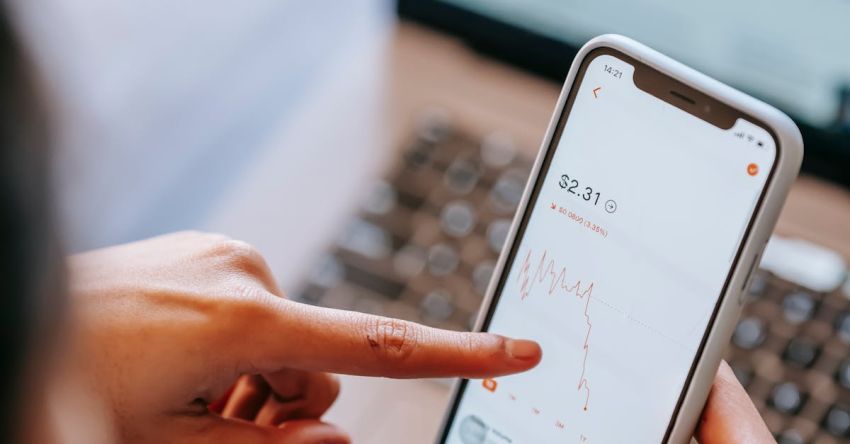With the rise of digital currencies, securing your cryptocurrency wallet has become more crucial than ever. Cryptocurrencies offer a decentralized and secure way to conduct financial transactions, but they are also susceptible to hacking and theft. In this article, we will delve into the various methods you can use to ensure the safety of your cryptocurrency wallet.
Understanding the Importance of Security Measures
Before diving into the specifics of securing your cryptocurrency wallet, it is essential to understand why this is so important. Unlike traditional banking systems, where you can rely on institutions to protect your funds, the responsibility of safeguarding your digital assets falls squarely on your shoulders in the world of cryptocurrencies.
The decentralized nature of cryptocurrencies means that once your funds are stolen, there is often little recourse for recovery. Therefore, taking proactive steps to secure your cryptocurrency wallet is vital to protecting your investments.
Utilize Two-Factor Authentication
Two-factor authentication (2FA) is a simple yet powerful security measure that adds an extra layer of protection to your cryptocurrency wallet. By enabling 2FA, you will be required to provide two pieces of information to access your wallet, typically something you know (like a password) and something you have (like a unique code sent to your phone).
Many cryptocurrency wallets and exchanges offer 2FA as an option, so be sure to enable this feature to enhance the security of your wallet.
Choose a Secure Wallet
When it comes to storing your cryptocurrency, the type of wallet you choose can significantly impact its security. There are several types of wallets available, including hardware wallets, software wallets, and paper wallets.
Hardware wallets, such as Ledger and Trezor, are considered among the most secure options as they store your private keys offline, making them less susceptible to hacking. Software wallets, on the other hand, are digital applications that can be vulnerable to cyber attacks if not properly secured.
It is essential to research and choose a reputable and secure wallet that aligns with your needs and preferences.
Keep Your Private Keys Safe
Private keys are the gateway to accessing and managing your cryptocurrency funds. It is crucial to keep your private keys secure and never share them with anyone. Consider storing your private keys offline in a secure location, such as a safe or a safety deposit box.
Avoid Public Wi-Fi Networks
Public Wi-Fi networks are notorious for their lack of security, making them prime targets for hackers looking to intercept sensitive information. When accessing your cryptocurrency wallet, avoid using public Wi-Fi networks and opt for a secure and private connection instead.
Regularly Update Your Software
Software updates often contain security patches that address vulnerabilities and protect against potential threats. Make sure to regularly update your cryptocurrency wallet software to ensure that you are running the latest version with the most up-to-date security features.
Monitor Your Accounts
Regularly monitoring your cryptocurrency accounts for any unusual activity is a critical aspect of maintaining the security of your wallet. Keep an eye out for any unauthorized transactions or changes to your account settings and take immediate action if you notice anything suspicious.
Conclusion: Safeguard Your Investments with Proactive Measures
Securing your cryptocurrency wallet is an ongoing process that requires vigilance and proactive measures. By implementing security best practices such as utilizing two-factor authentication, choosing a secure wallet, keeping your private keys safe, avoiding public Wi-Fi networks, regularly updating your software, and monitoring your accounts, you can safeguard your investments and protect your digital assets from potential threats. Remember, the security of your cryptocurrency wallet ultimately rests in your hands, so take the necessary steps to ensure its safety.










